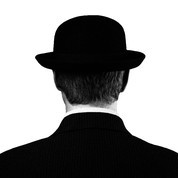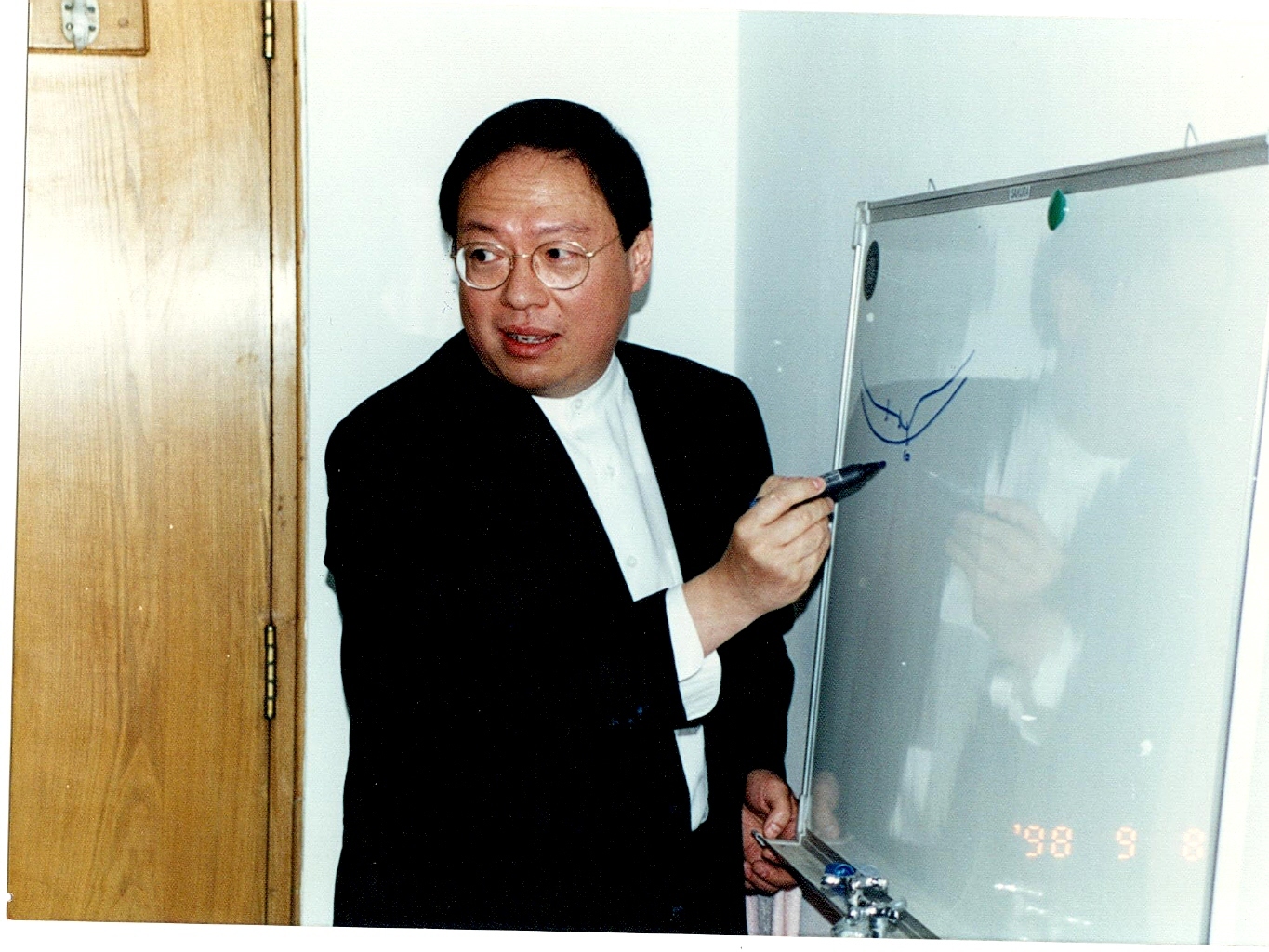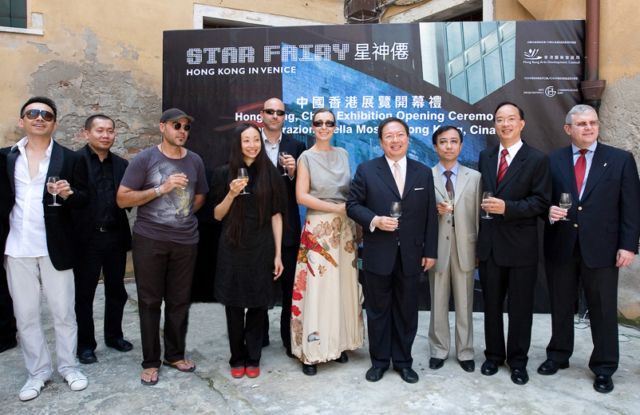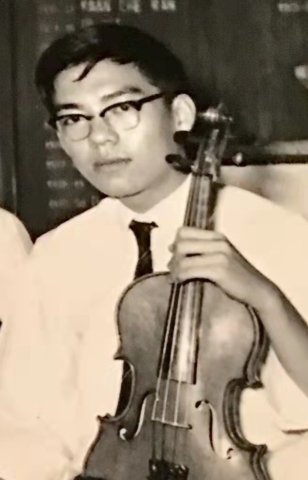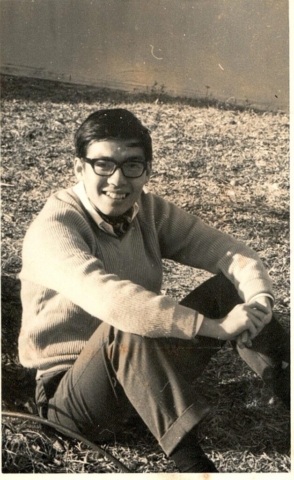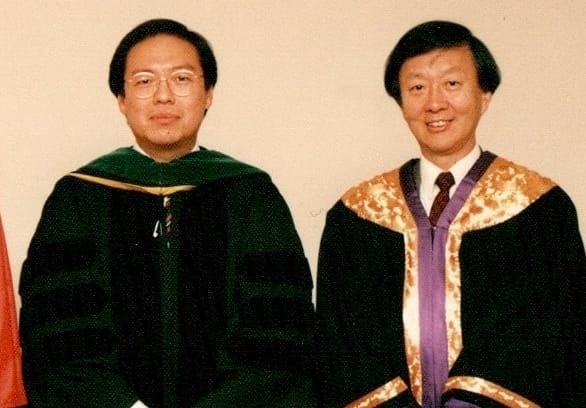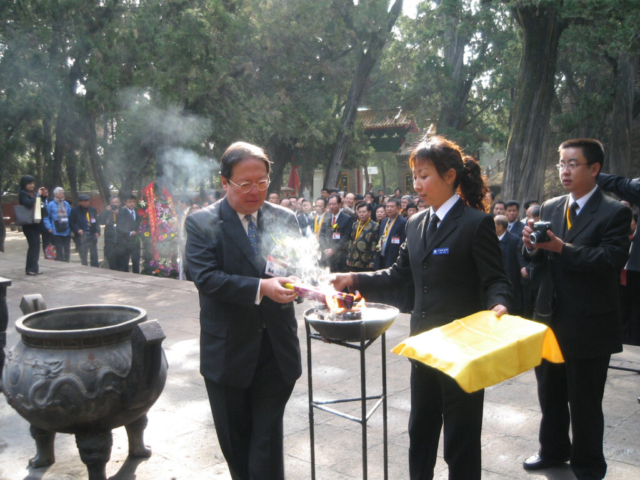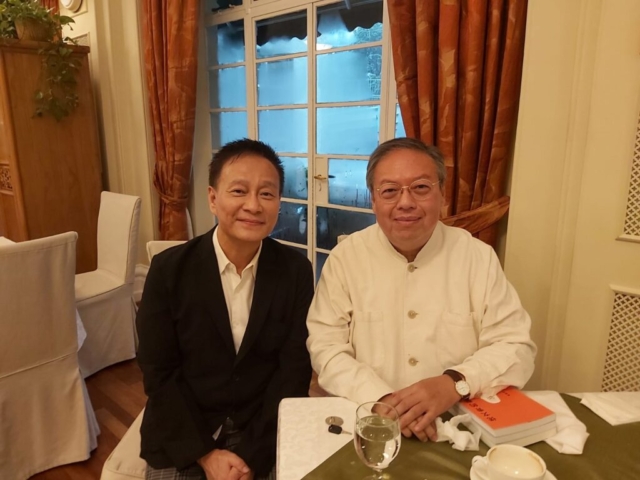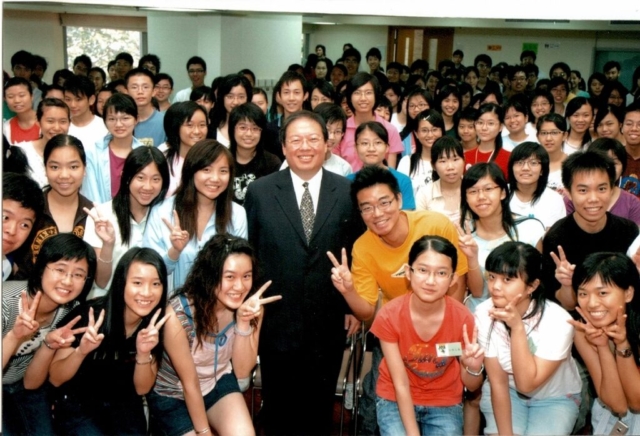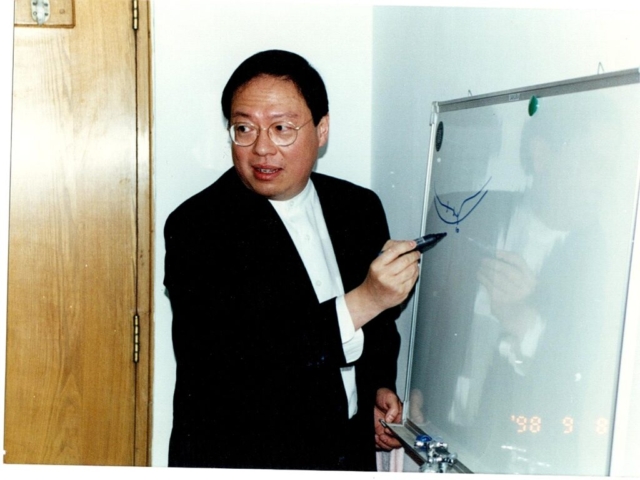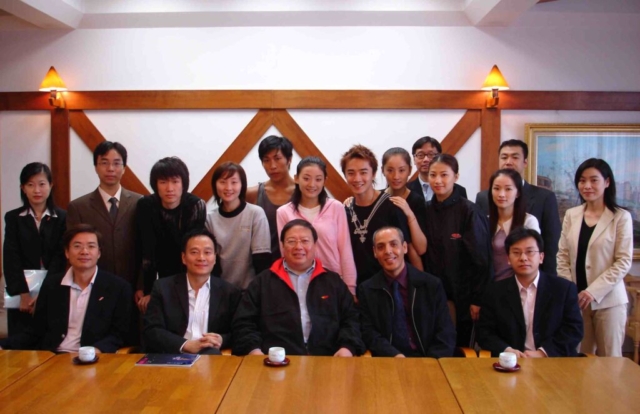25-10-21
A cultural person does not judge the culture of other place or people to his own standard of what is superior or inferior, strange or normal, and respected or despised. Hong Kong is a multiracial city and part of ‘One Country, Two Systems’ and the respect for culture urgently calls us to mind.
I saw the charismatic and gentle Dr Patrick Ho(何志平), former Secretary for Home Affairs, who was once in charge of, among other things, the cultural affairs in the Hong Kong SAR Government at lunch. He ordered a simple salad. “Hong Kong produced fishermen, workers, businessmen and bankers,” I said. “This is perhaps time to produce citizens who are refined and understanding to others through culture.” Dr Ho agreed and cautioned, “In the past, Hong Kong tried very hard to solve political and social problems by regulations, systems and other quantitative measures. At this moment, such did not seem to be adequate anymore. It is time to consider adopting ‘qualitative standards’ as a new solution for bringing about a more tolerant, intelligent, creative, aesthetic, inclusive, and harmonious Hong Kong. Culture change is a collective transformation in people’s mind, behaviours, attitudes, values, and qualities for a better person. It reflects the way that people think of and see the community, others and themselves, soulfully. Hong Kong previously placed too much emphasis on economic growth and had been oblivious to the importance of spiritual evolution in terms of character refinement and social sublimation. During the recent years of witnessing Hong Kong in social turmoils, we realized the sad truth that many Hong Kong people lost their souls, and it is high time to do the much needed and belated soul-searching.”
I asked Dr Ho who is personally a good violinist and ophthalmologist, “Will and can the proposed Culture Bureau in Hong Kong Government rise up to the challenge?” He replied with a mystical smile, “Functionally as a government silo, it will do a lot of quantitative jobs such as managing cultural facilities, organising art events, preserving cultural heritage and promoting creative industries etc. It must however remember apart from such tangible tasks, it shall have to be brave enough to tread into the previously untrodden territory of ‘qualitative values’, and offer confident opinions to inspire and lobby the Chief Executive and other bureau heads to set in motion and implement the policies within their own bureaus which will support and be inducive to creating a more tolerant, intelligent, creative, aesthetic and harmonious Hong Kong as wanted by the people.”
I reacted, “I think Hong Kong people have to learn to be less money-minded, materialistic and arrogant. We must work together to build up a ‘cultural society’ in that people are refined, well-mannered, kind and knowledgeable of Chinese art, literature and history. Am I asking for too much?”
Dr Ho stopped for a minute, “The government of Hong Kong is well-known to be merely operational, functional and quantitative, and had been deliberately shy in areas inviting truth-finding debates on social values and ideology. Obviously, this mentality should now be tempered with the public cry for a better and more civilized society. People now demand more visionary, qualitative and inspiring leadership at the top and all over.”
I asked, “What are the substances of a society’s culture?” Dr Ho smiled, “A community deserves the culture that it begets. Culture evolves, and is less likely be led or driven. There are 3 aspects: culture of everyday living, spiritual or metaphysical yearnings, and arts (or ‘high culture’). The first one is often called ‘cultural heritage’ which is an expression of the ways of living developed and enjoyed by a community like yum cha (dim sum tea gatherings), bonsai gardening and aviculture in Hong Kong. They are passed on from generation to generation and include customs and traditions, practices and even places which are known as Tangible Cultural Heritage. We must encourage our people to treasure our legacy and ensure such great cultural heritage is alive, made relevant and applicable to our modern present daily life, and here to stay and last.”
He continued, “Spiritual and metaphysical yearnings such as Confucianism, Buddhism and Christianity do play a pivotal role in defining the soulful quality of our community and our culture. Spirituality and metaphysical considerations underpin our civilized values, such as what is ‘good’, ‘happiness’ and ‘success’, which dictate the choices we make, identify who we are, and which a society like Hong Kong must behold and uphold. It commands our view of the world and humanity, perspective of life and death, meaning of our being, and crucially, can alleviate personal conflicts within ourselves to offer internal peace, and can pacify tension between social relationships with reconciliation. The Chief Executive, officials and the public must talk often on values and ways of life.”
“Arts or ‘high culture’ refers to the subculture shared by the artists and scholars pursuing edification in a society. Popular culture like entertainment has mass accessibility and appeal. Arts, on the other hand, have invaluable intellectual, artistic and emotional values,” he said. “Artists create and innovate in areas such as classical music, literature, visual art, and even science and technology, to take our people to new heights of personal cultivation and enlightenment in order to understand themselves and others more deeply and be a better person. Artists’ creation today will become tomorrow’s cultural legacy. We must promote good art vigorously.”
I was enriched, “Will the Cultural Bureau to be set up in Hong Kong have a difficult mission?” Dr Ho looked at me sincerely, “My friend, the community anticipates this Bureau to spearhead an overall cultural agenda of transcending values to be shared across all Bureaus and Departments within the Government, and finally inspire the entire community to strive for a more inclusive, more refined, intellectual, kind and generous way of life in Hong Kong. If it ends up just focusing for standardized procedures, protocol following, answering to operational responsibility and impersonal interactions, we all will fail and Hong Kong will be utterly disappointed.”
After saying goodbye to Dr. Patrick Ho, I just walked around, going in and out from one lane to another. My vivid recollection of Hong Kong being devastated in the 2019 social unrest still bothered me. I am always looking for the answers as to ‘why’. Perhaps Dr Ho is right. A man of culture in Hong Kong will acquire the distinguishing traits of 4 things: critical thinking, introspective ability, aesthetic education and creative thinking. The arrogant one thinks he is wise but a wise man knows himself to be a humble man who does need a better soul. We try to understand, respect and care not because we are weak. It is because we are wise. The contemplated culture society, as our dream will be, aims at changing the abysmal depths of the toxicants in a spoilt and lost society like Hong Kong.
This article can also be found at the following sites:



